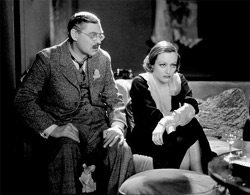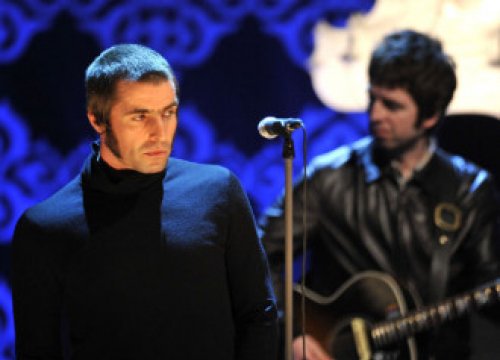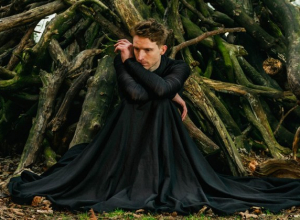"People come and people go, and nothing ever happens at the Grand Hotel." Thus observes Dr. Otternschlag (Lewis Stone) of the Berlin hotel that serves as the setting for the Oscar-winning 1932 film. The film, like the hotel, is packed with opulence, and the cast was, at the time, the highest concentration of starpower the screen had ever seen: Greta Garbo as the dancer Grusinskaya whose cold surface is softened by a budding romance with Baron Geigern (John Barrymore); Lionel Barrymore as Otto Kringelein, a critically ill man on an end-of-his-life spree and a former employee of the company owned by the industrialist Preysing (Wallace Beery), whom he dislikes; Joan Crawford as the staff typist who takes up with the sick man; and a supporting cast -- Jean Hersholt, Robert McWade, Ferdinand Gottschalk -- whose fame has dimmed today, but who represented the cream of the crop in a Depression-stricken America.In 1932, however, the sum was even greater than its parts, and Grand Hotel was such an event that the New York Times review had as much to do with the chaos of the opening-night crowd as with the film itself. Based on the hit Vicki Baum novel, the film introduced the so-called portmanteau genre (Dinner at Eight was the most famed of the follow-ups) in which the lives and stories of a group of diverse people are brought together by circumstances and emerge changed. It also featured Garbo's most repeated line ("I want to be alone"), and its lavish production makes it a touchstone in MGM and Hollywood history.
Continue reading: Grand Hotel Review








![Luke De-Sciscio talks to us about having the courage to be yourself, forgiving that which is outside of one's control and following whims [EXCLUSIVE] Luke De-Sciscio talks to us about having the courage to be yourself, forgiving that which is outside of one's control and following whims [EXCLUSIVE]](https://images.contactmusic.com/images/home/homepage/luke-de-sciscio-abof-a.jpg)
